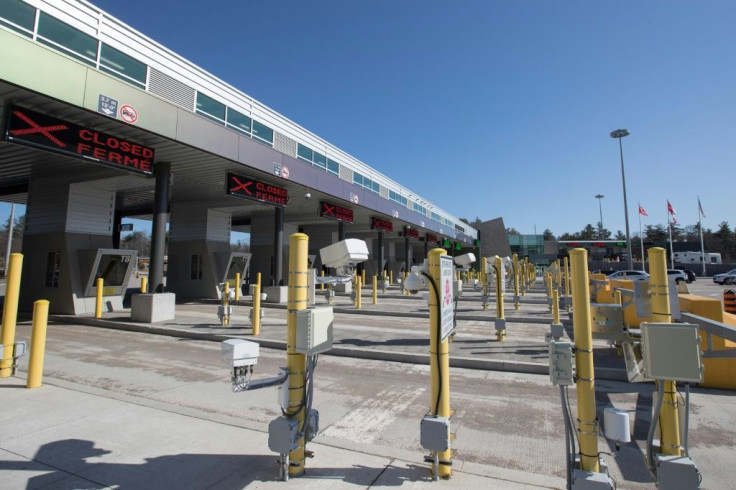Canada Issues New Restrictions On Travelers Going To Alaska

The Canada Border Services Agency has issued stricter regulations on travelers looking to go through Canada to Alaska as the country looks to prevent the spread of the coronavirus. The new orders go into effect on July 31 at 12:01 a.m. PDT.
The Canada Border Services said in a statement that the new “measures are put in place to further reduce the risk of introduction of COVID-19 cases and to minimize the amount of time that in-transit travelers are in Canada.”
Under the new rules, travelers must now enter Canada in one of five identified ports of entry, which includes Abbotsford-Huntingdon in British Columbia, Coutts in Alberta, Kingsgate in British Columbia, North Portal in Saskatchewan, and Osoyoos in British Columbia.
While travelers will be allowed what the Canada Border Services Agency called a “reasonable period of stay” to carry out their travels, they will be limited to travel within the country using only the most direct route from the port of entry to the intended point of exit.
Travelers will also need to report to the nearest Canada Border Services Agency port of entry to confirm their exit from Canada. A hangtag will identify that a traveler is in compliance with the agency and must remain on the vehicle’s rearview mirror for the duration of the trip to or from Alaska. The tag will also state the date that a traveler must depart Canada.
Travelers are required to have documentation to show their purpose of travel through Canada. They must also practice social distancing, avoid contact with others while traveling, remain in the vehicle as much as possible, avoid unnecessary stops, pay at the pump if gas is needed, use a drive-thru for food, wear a mask when in transit, and practice good hygiene.
The Canada Border Services Agency said all national parks, leisure sites, and tourism activities must be avoided. The agency also said that additional safety measures may be imposed at the time of entry into Canada.
Anyone that arrives at a non-identified port of entry to travel to Alaska will be denied entry and be advised to go to one of the designated port of entries. Travelers with symptoms or signs of COVID-19 will not be allowed into the country for any reason, the Canada Border Services Agency said.
Canada has over 117,000 positive cases of the coronavirus, with over 8,900 COVID-19 deaths as of late afternoon on Thursday, according to Johns Hopkins University. The U.S. has reported over 4.45 million positive cases of the coronavirus, with over 151,000 COVID-19 deaths.
© Copyright IBTimes 2025. All rights reserved.





















